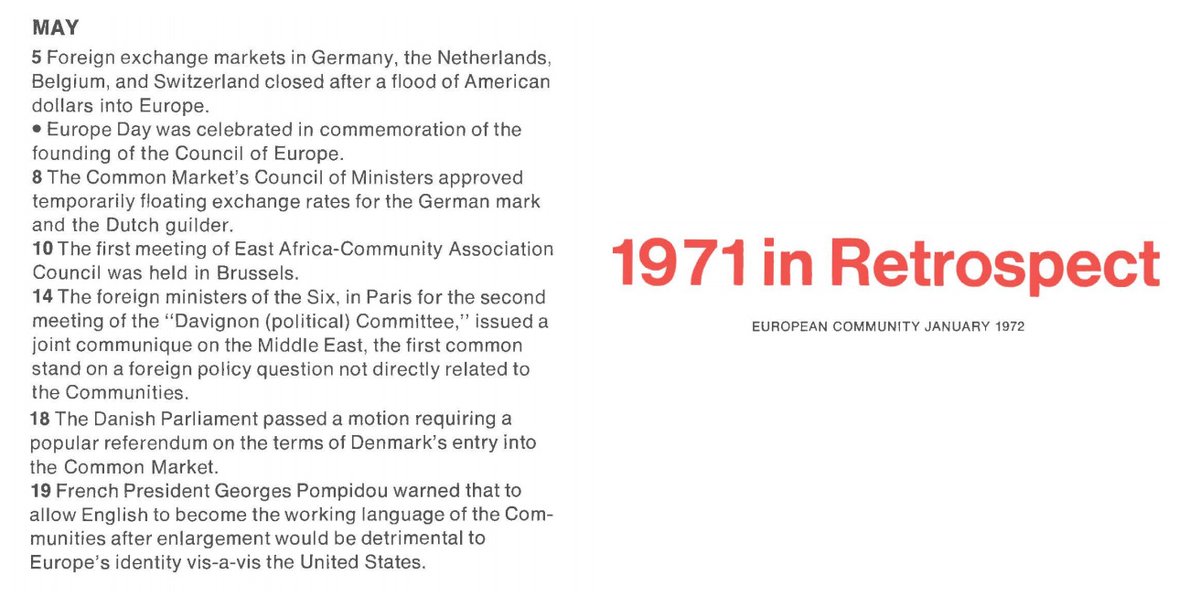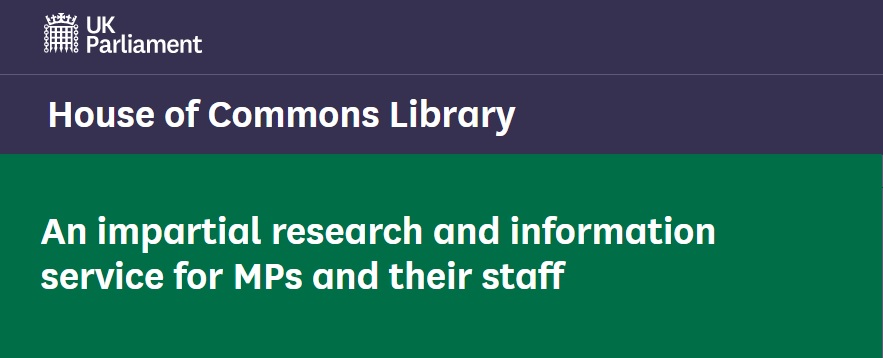
The European Coal and Steel Community was not just built on an intention of peace. 🧵
https://twitter.com/EU_Commission/status/1383669120114200579
The original inhabitants of an area in Europe known as the Saar Basin were believed to have been a Gallic tribe until it was invaded by the Romans. 

At that point German and French historians differ, and when different historians from different nations see things differently in terms of who lived where, that usually spells trouble. 

It then gets very complicated over the next several thousand years with invasions and marriages.
Countless people are involved like Cardinal Richelieu who was quite set on the area belonging to France.
Countless people are involved like Cardinal Richelieu who was quite set on the area belonging to France.

The important thing to note is that at some point it stops being only about the area, and more about its industrial and strategic importance. It is rich with coal, wood, and factories. 

Some post war German writers claimed the problem begins at the start of WWI when France is very quick to try and exercise a claim over the region. 

Woodrow Wilson was particularly against France exercising this historic claim, and what is eventually agreed is that the area would be managed by an independent authority. 

Added to the fact, France is there largely for economic reasons and feel they are owed it because of the damage to the Lens and Pas de Calais coalfields during the First World War. 

And again, after Germany loses, France wants control of the area while accepting that the people are German. 

The joint resources of France and Germany occupying a triangle that both had a claim over, and both needed to share those resources to benefit. 

Meaning Saarland ended up looking a bit like Groundhog Day, only with less groundhogs, more French troops, and it wasn't remotely funny. 

France may have felt like they needed industrial control, but fortunately someone who had been part of the previous solution had an idea for a different approach. 

This was considered serious. When the European flag is proposed with 15 stars, Germany rejects it because one of the stars represents an independent Saarland. When a flag with 14 stars is produced France rejects it on the basis that an independent Saarland is not represented. 

Monnet concluded that If France and Germany could pool their resources between them internationally, the region could be left to self determination. 

And so, on this day, they committed to substitute for age old rivalries the merging of essential interests; to create, by establishing an economic community, the basis for a broader and deeper community among peoples long divided by bloody conflicts. 

Attached to the treaty is a letter from the Chancellor of West Germany asking for confirmation that their signature does not amount to an acceptance of the current situation. 

But with France happy with the pooling of resources, they agreed with Germany on a referendum to allow the people of Saarland a say in their self-determination. 

And with the Saar questioned settled: there remains no reasonable ground why two great nations should ever in-future rise in war one against another. 

It’s important, therefore, to note that the European Coal and Steel Community wasn’t just the tying up of the engines of war with some idealistic words around peace.
It was a very real solution to a very real problem that people believed could lead to a very real war.
/End
/End
• • •
Missing some Tweet in this thread? You can try to
force a refresh


















